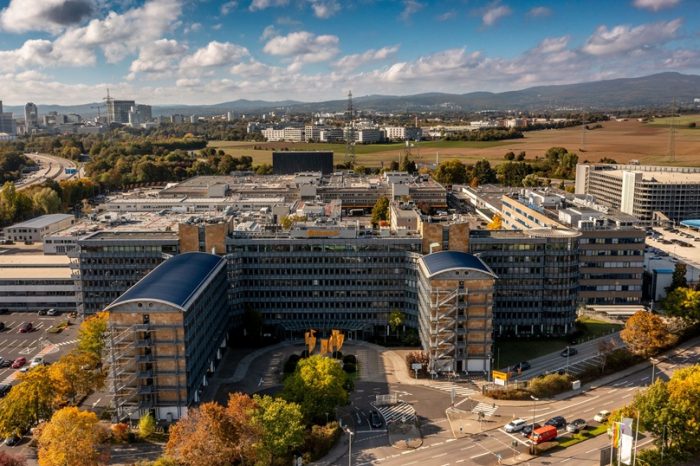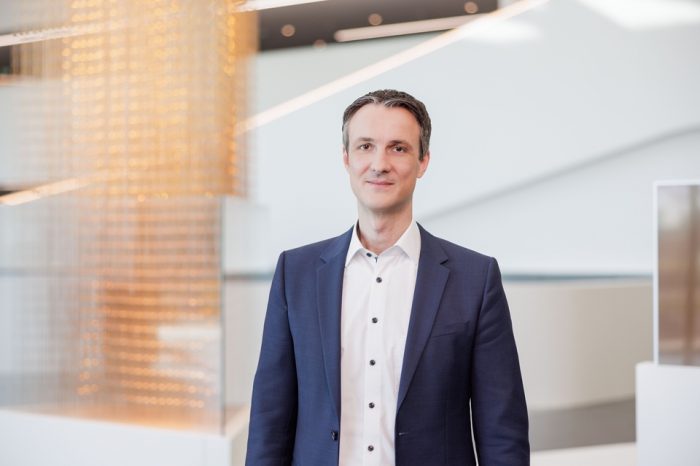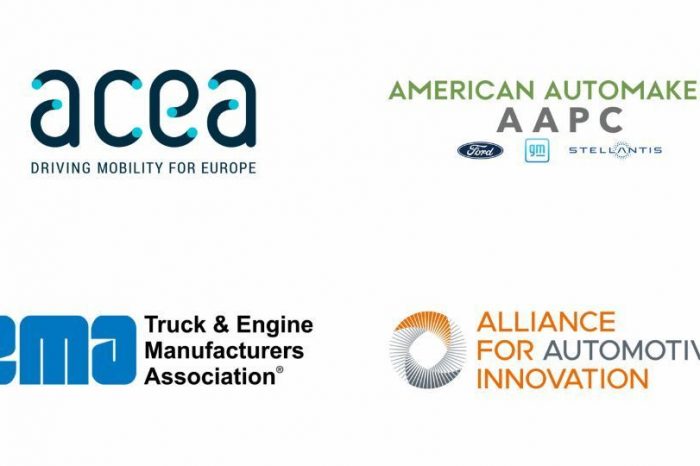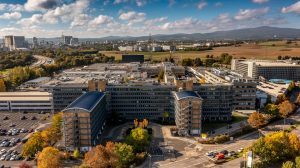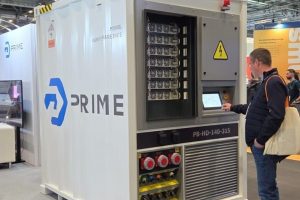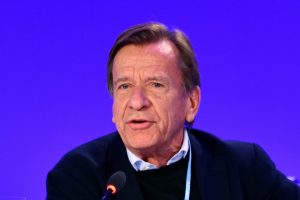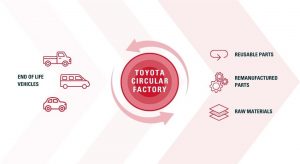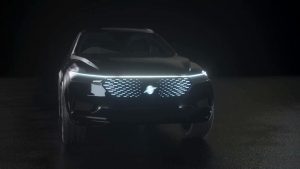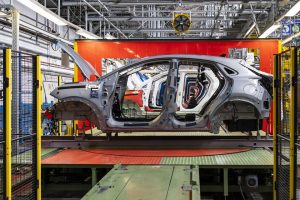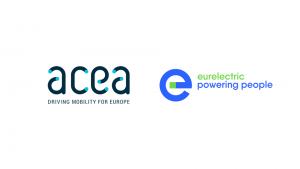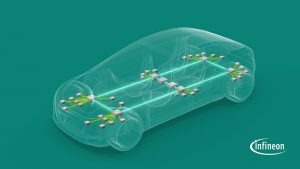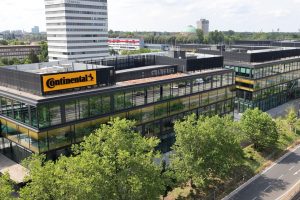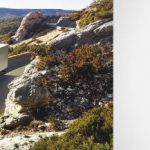IVECO and Shell call for action on energy transition towards net zero emissions

IVECO and Shell have jointly organised a digital event, inviting industry experts and thought leaders for a panel discussion under the heading “Towards Net Zero Emissions – The path to a sustainable, heavy-duty transport system”.
The two companies share a commitment to decarbonising road transport and the belief that the change towards a cleaner future requires cooperation of the different stakeholders – from the energy industry and vehicle manufacturers, to customers and institutions. In this event they have brought together experts to discuss the best pathway to decarbonise the transport sector: the panellists focused on the need for a wider adoption of cleaner energy sources and the role that LNG and bio-LNG have to play in the transport energy mix alongside developments in vehicle efficiency, and hydrogen and electric propulsion technologies.
The event was opened by Tarek Helmi, Partner & Leader Future of Energy at Deloitte, who set the scene with an overview of industry trends and introduced the topic of LNG and bio-LNG in transport. Luca Sra, Chief Operating Officer IVECO Truck Business Unit and Patrick Carré, Vice President Global Commercial Road Transport, Shell, followed with a brief introduction of IVECO’s and Shell’s roadmaps to sustainable transport in a fast-changing industry and the companies’ ambitions for the energy transition.
“At IVECO we have taken the air quality and climate change challenge with a sense of urgency, because these issues don’t wait. For this reason, IVECO has committed to be fossil-free by 2040, anticipating by 10 years the ambitious target set by the European Commission on carbon neutrality,” stated Luca Sra. “Decarbonizing the transport industry is not simply necessary, but it is also possible. To do so, all the stakeholders in the biomethane value chain need to join forces to support the further development of the technology, and to promote the role of biomethane as a contributor to achieve the CO2 reduction target in heavy-duty transport.”
Following the introductory statements, Tarek Helmi opened the panel discussion with Giandomenico Fioretti, Alternative Propulsion Business Development Director at IVECO, Christian Hoellinger, Downstream LNG Europe Lead at Shell, Matthias Maedge, Director of Advocacy for IRU (International Road Transport Union) and Christoph Domke, Senior Director and Clean and Smart Mobility Lead at FTI Consulting.
The debate kicked off with considerations about the increase in customer demand for low emission trucks. Giandomenico Fioretti highlighted that the demand for LNG articulated trucks has grown steadily, with the vehicles going from being a niche product in 2015 to representing today almost 4% of Total Industry Volume. The panel went on to discuss the benefits of LNG and bio-LNG technology, and the availability of bio-methane, which currently represents on average 17% of gas used in transport in the European Union and is expected to become widely available in the coming years.
The panellists went on to discuss the regulatory aspects, economics of gas trucks and technological development. They then turned their attention to the expansion of the infrastructure to further boost the production of Bio-LNG, as a key enabling factor to achieve the net zero CO2 emissions.
The panel discussion closed with considerations about the importance of collaboration among different ecosystem companies to enable the decarbonisation of transport and a call to action for all stakeholders to join forces in supporting the transition to LNG and Bio-LNG on the path to sustainability.


